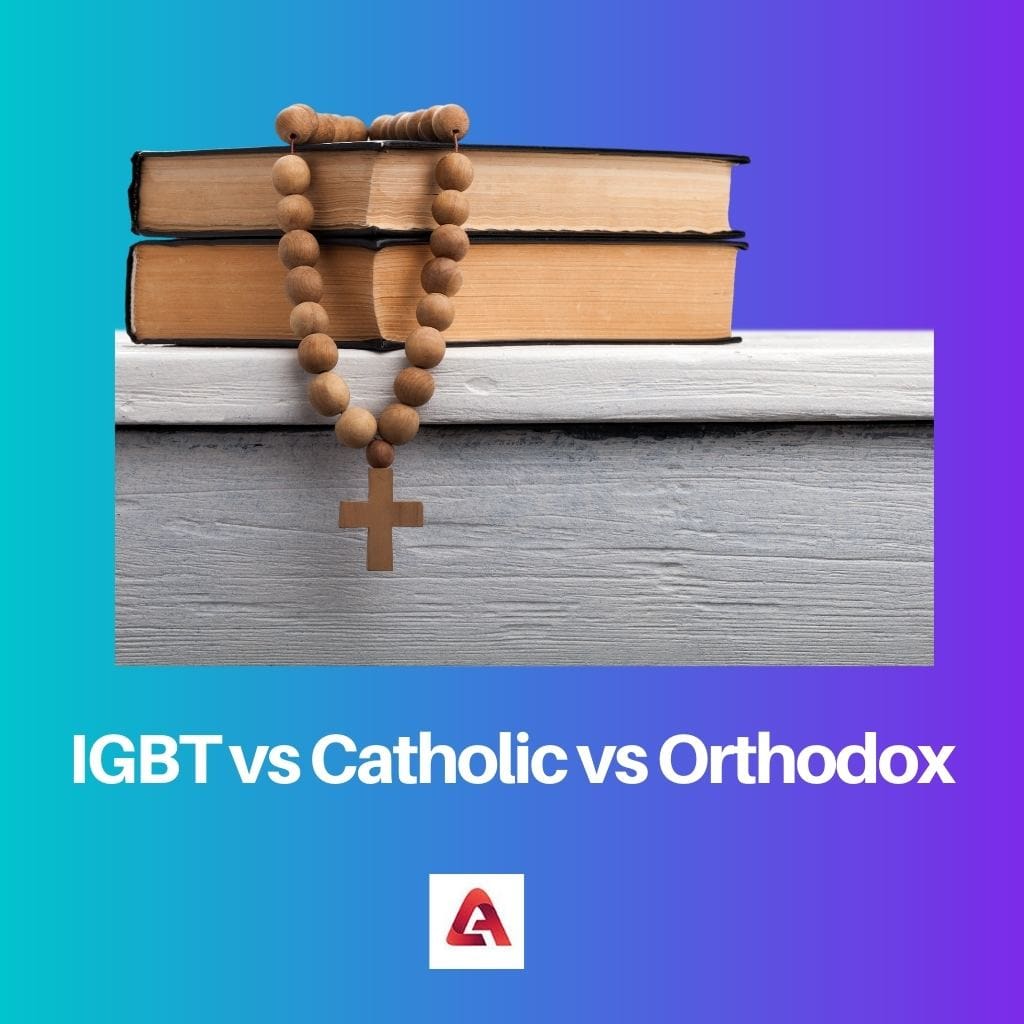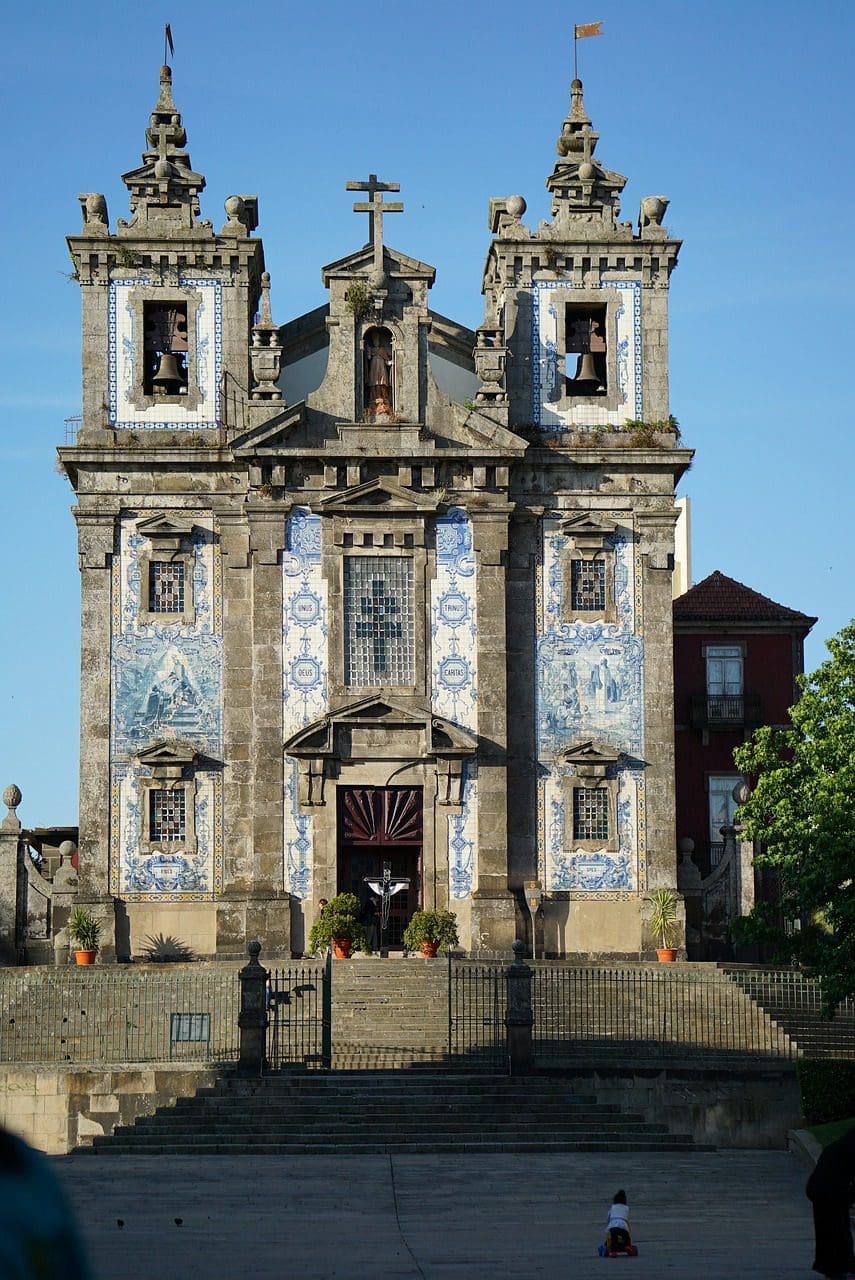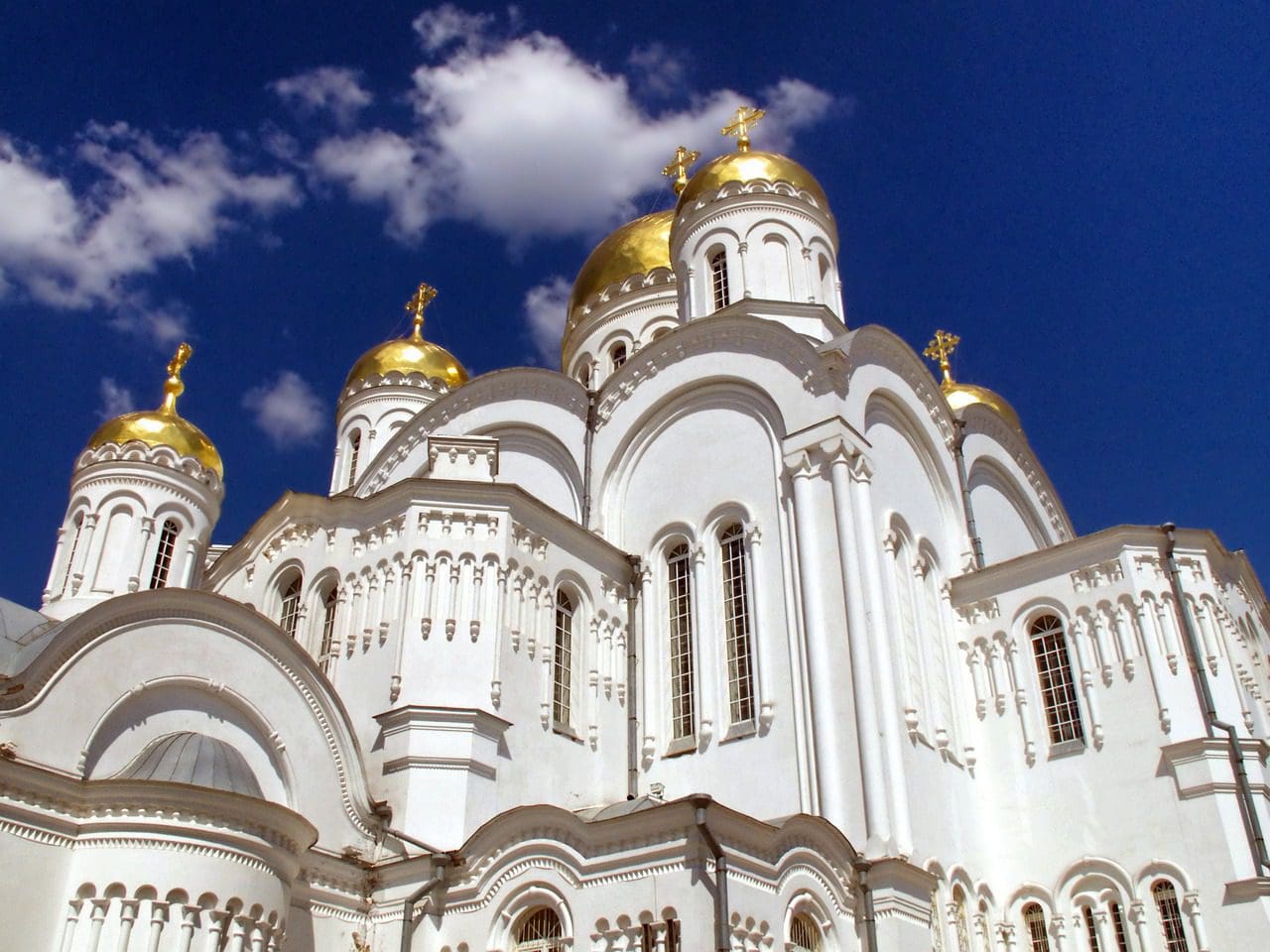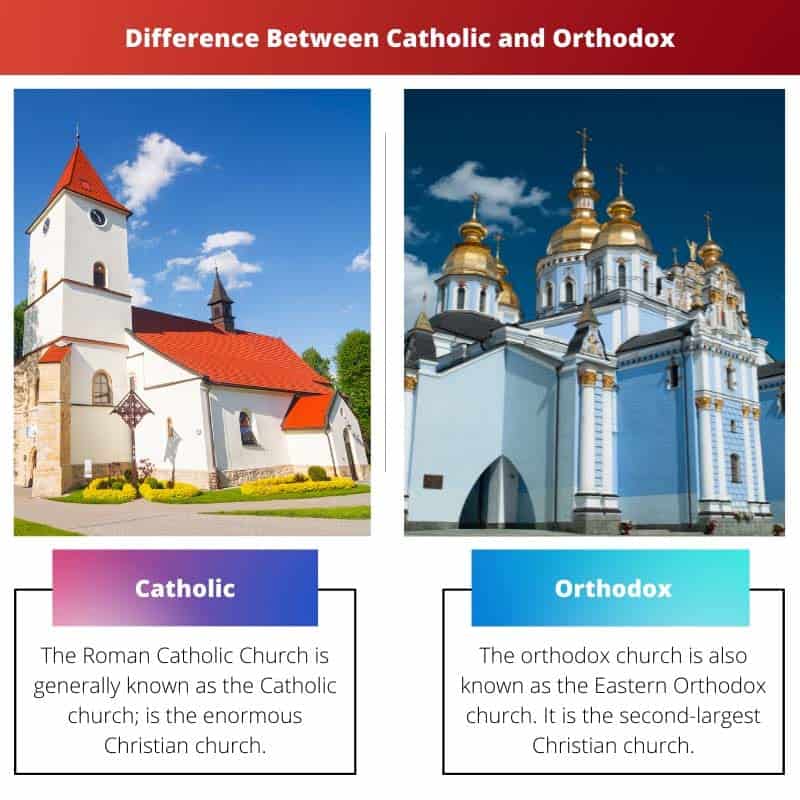Churches are divided into two different types; the Catholic church and the Orthodox church. Their faith is based on the god-spell of Jesus- the Holy Bible.
They believe in the Trinity. Their motto is to convert people from other religions, the Christian denomination.
Key Takeaways
- The Catholic Church recognizes the Pope as the head of the Church, while the Orthodox Church does not recognize the Pope’s authority.
- The Catholic Church has a centralized hierarchy, while the Orthodox Church has a decentralized structure.
- The Catholic Church allows unleavened bread during the Eucharist, while the Orthodox Church uses only leavened bread.
Catholic vs Orthodox
Catholic, fully known as the Roman Catholic Church or the Catholic Church is a large Christian church that originates from the first century in the Roman empire. Orthodox or Orthodox church is a first-century church dating back to Judea in the Roman empire, based on Jesus Christ and the holy traditions.

The Catholic church is one of the oldest institutes, still functioning. It gives the Pope (Bishop of Rome) the supreme authority – the Vicar of Christ.
Here the doctrines are more prone to changes over the years. The Pope of the Catholic church is endowed with Petrine ministries.
On the contrary, the Orthodox church’s Pope is not considered infallible. Hence is not given the supreme authority. Here children are involved early in the congregation. This church has no central governmental or doctrinal authority.
Comparison Table
| Parameters Of Comparison | Catholic Church | Orthodox Church |
|---|---|---|
| Origin | First-century; Holy land, the Roman empire | First-century; Judea, the Roman Empire |
| Founder | Jesus, according to Sacred traditions | Jesus Christ, according to the Holy traditions |
| Theology | Catholic theology | Eastern orthodox theology |
| Region | Worldwide | Southeast Europe, Eastern Europe, and communities in the Mediterranean and the Middle East, etc. |
| Language | Here the languages spoken are Ecclesiastical Latin and native languages. | While the languages spoken here are Koine Greek, Church Slavonic, and vernacular. |
What is Catholic?
The Roman Catholic Church, known as the Catholic church, is an enormous Christian church. Their central authority is based in the Holy See in Vatican City.
The Roman Church is used to describe the Pope’s Diocese of Rome. This church greatly influences the development and history of Western civilization.
The Bishop of Rome is regarded as the chief Pastor. Catholics believe that God talks through the Pope. They also believe that we all carry the consequences and guilt of Adam’s sin.
And also, Catholic priests are not allowed to marry.
The main goal of Catholics in terms of salvation is to escape hell and achieve theosis. The Catholic Church consists of seven sacraments:
- Baptism
- Eucharist
- Confirmation
- Holy orders
- Penance
- Anointing of the sick
- Holy matrimony
Catholics believe that there is one eternal God- the Holy Trinity.
Catholic men are restrained for Holy orders, while Catholic women and nuns engage themselves in developing and running health and education services internationally.
The Catholics strictly follow the event of confessing to their sins.

What is Orthodox?
The orthodox church is also known as the Eastern Orthodox church. It is the second-largest Christian church. It is also one of the oldest religious institutes in the world.
It has influenced the culture of eastern and south-eastern Europe and history too. These churches are governed by Bishops in the local synod and operated as the autocephalous communion.
The Pope is not considered infallible by the orthodox church. Orthodox priests are allowed to marry, contrary to Catholic priests. The honour priority may is given to the patriarch of Constantinople. Yet being considered and given the highest status, he does not have authority over churches.
The Eastern Orthodox Church considers Jesus Christ the head, while the Church is a body.
The Orthodox Christians believe that the Bishops and clergy foreown the grace of God and authority. It is handed down by laying on hand, a practice initiated by the apostles.
They differentiate between God’s eternal essence and indigenous energies as a relationship between God and his creations.
This is how he (God) reaches humanity. The Julian calendar is followed by the autocephalous churches, and the rest follow the revised Julian calendar.
They do not believe in purgatory. There is no compulsion to confess their sins.
| # | Preview | Product | |
|---|---|---|---|
| 1 |

| The Orthodox Study Bible, Hardcover: Ancient Christianity Speaks to Today's World | Check Price on Amazon |
| 2 |
![Orthodox Christian Prayers [Prayer Book]](https://m.media-amazon.com/images/I/41y5HaO7F6L._SL160_.jpg)
| Orthodox Christian Prayers [Prayer Book] | Check Price on Amazon |

Main Differences Between Catholic and Orthodox
- The liturgy of catholic churches includes Western and Eastern rites, while that of the Orthodox Church includes Byzantine rites.
- Both churches have seven sacraments; the catholic church’s sacrament includes penance, while that of the Orthodox includes repentance.
- The services of Catholic churches are/were conducted in the Latin language. On the contrary, services for Orthodox churches are/were conducted in Greek or local languages.
- The Orthodox Church or the eastern catholic church rejected any icons; instead, statues of saints were created, while the Roman catholic permitted the same.
- The Catholic church does not permit divorce, while the other does.






